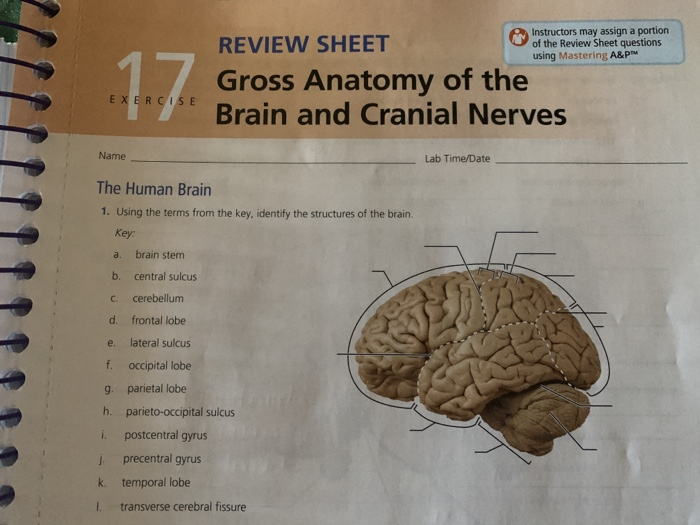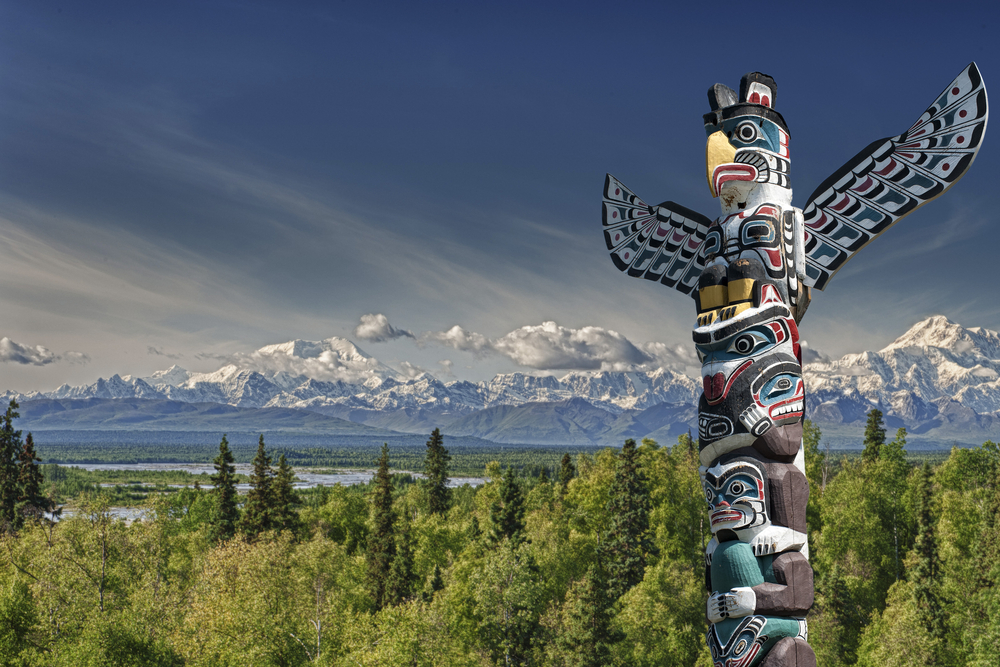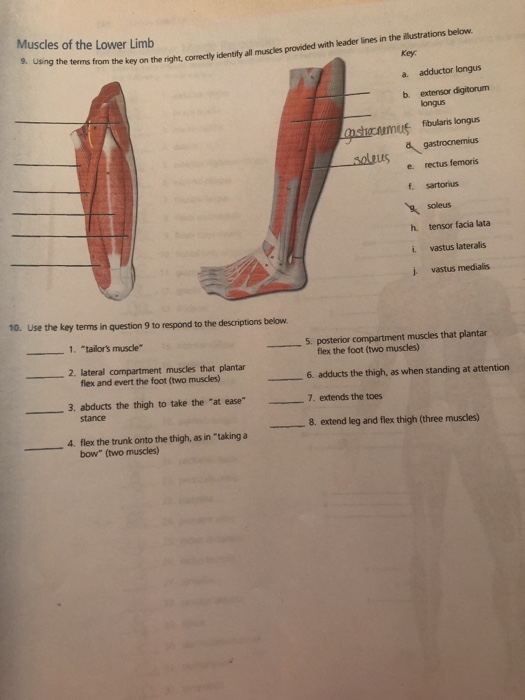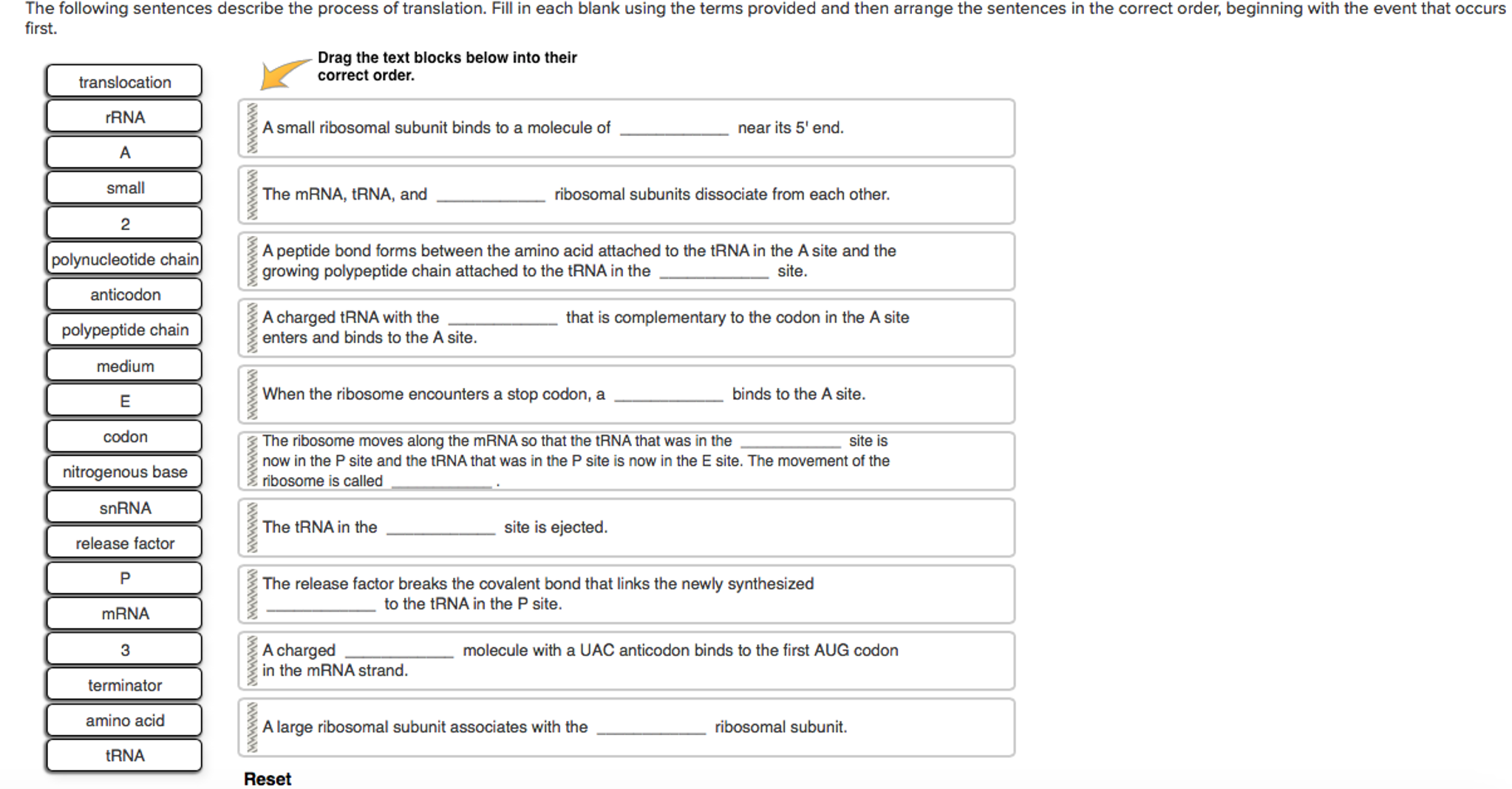

There was a colored man in Pulaski, Tennessee, who owned slaves.” A black man who kept others in bondage - he’s a “colored man,” yet those who were owned were “niggers.” I instantly thought of a moment from the O.J.: Made in America documentary when a white woman who saw black people talking to Simpson uttered, “Look at those niggers sitting with O.J.” Simpson delights in hearing this because she “knew I wasn’t black.
#Using the term free
William Porter stated that “some of the Tennessee niggers was called free niggers. Perhaps more depressing, ironically, was that circumstances sometimes led them to opt against calling a black person a nigger. Put ’em in authority and they gits so uppity.” “I’se just a poor old nigger waitin’ for Jesus to come and take me to heaven.” Slave traders are called “nigger traders.” Defiant enslaved people required the service of a “niggerbreaker.” “Nigger dogs” aided the recapture of those who escaped. …” Slaves owned by “nice” masters are repeatedly called “free niggers.” “Niggers ain’t got no sense. “The Ku Klux kept the niggers scared.” “The Ku Klux did a whole lot to keep the niggers away from the polls. ‘No,’ I’d tell ’em, ‘somebody might come in, and they would have to get that baby over my dead body.” Her eyes fixated on the white baby, but she saw too many niggers.Ī barrage of dispiriting uses of the word bloodied me as I combed through the narratives. ‘Why don’t you go in your bedroom and lie down?’ they’d ask me. I told ’em, ‘Law, don’t you think I see lots, lots more than I wants, every day when I is at home?’ ” But read how she talks about the family’s baby, whom she constantly watched over, fearing, irrationally, someone would kidnap him: “No matter what time they come home they’d find me there.

She told her interviewer, “Guess they thought it would be a treat to me to see another niggah. Members of the family wanted her to go to the circus to watch a black boy’s performance. After the end of slavery, Mattie Mooreman went north to Wisconsin with a white family for whom she worked. “Nigger” also signaled antipathy toward fellow black folk.

Sanders was mean, in part, because “he beat his wife like he beat a nigger woman.” The word laid bare a worldview that held black folk as a lower order of being, as when Irene Robertson claimed her former master Mr.

That he likened himself to a fortunate mangy mutt or frisky feline crushed me. Jim Allen, for example, dubbed himself his master’s “pet nigger boy” and a “stray” and thought himself privileged because he could sleep on the floor beside his master’s bed. Sometimes the former enslaved people clearly, perhaps subconsciously, considered themselves subhuman, just like how their former owners regarded them. The internalized oppression revealed itself in various ways. After years of habitual use of “nigger,” I banished it from my speech to honor the humanity that many never saw in themselves. These narratives illustrate the success of this campaign of mental terrorism, and no word conveyed the depth of this internalized oppression more than “nigger.” Now, whenever I hear the epithet, a visual and emotional representation of the heinous process by which a people - my people - were induced to think they were less than trespasses into my thoughts. White folk indoctrinated them into accepting their supposed inferiority. The best explanation of what I gleaned, what social scientists called internalized oppression, describes the psychological trauma that ensues when a person from a stigmatized group believes those negative stigmas. Those whom the law defined as property recounted various unique human experiences - their daily horrors and monotonies, how they freed themselves or learned of their emancipation, the surge of exhilaration upon securing freedom, and how they endured life on the edges of a white supremacist society in the decades thereafter.Īs I pored over the narratives, I was struck less by their experiences, as heartrending as they were, than by how their experiences sculpted their self-perceptions. The narratives came from the Federal Writers Project of the Works Progress Administration, a program that employed researchers from 1936 to 1938 to interview former enslaved people, producing more than 2,300 narratives that, thankfully, reside online and are fully searchable. A few years ago, I read slave narratives to explore the lives of black agricultural workers after the end of the Civil War.


 0 kommentar(er)
0 kommentar(er)
